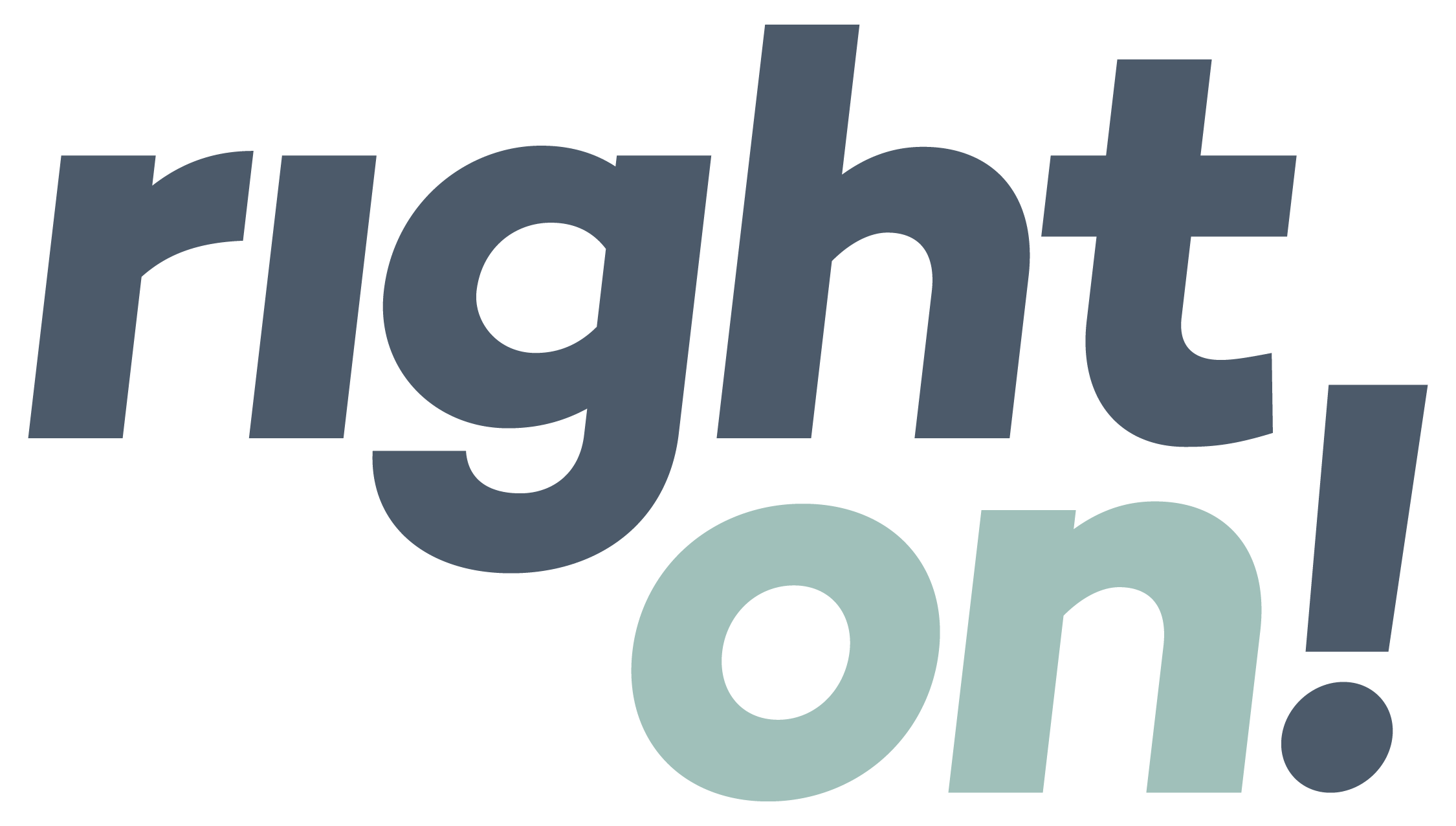
Break deeply rooted patterns to write more inclusively.
Recently, my friend and colleague Leyla Farah pointed out some non-inclusive language in my inclusive language newsletter (!!!). The sentence in question was:
“Watch out for language that has a harmful history (master/slave) or a dark hidden meaning (divide and conquer).”
Do you see the problem that I missed?
It’s the way I used the word “dark.”
As Leyla put it, “the use of the word “dark” as a stand in for “nefarious” or “evil” is also problematic. When we assign “good” to light colors and “bad” to dark colors by default, we risk playing into cultural assumptions around race inadvertently.”
I’ll admit that my first reaction to receiving her valuable, lovingly delivered feedback was embarrassment. After all, I’ve been studying inclusive language for the past few years and, in theory, I understood this concept around the usage of “dark.” We even discuss it in our Writing Workshops, which cover inclusive language. But it’s one thing to know the basic principles. It’s quite another to dislodge deeply rooted patterns from our writing brains.
After taking a few moments to get over myself, my exchange with Leyla left me with a feeling of deep gratitude. Putting inclusive language into practice is a lifelong journey—with plenty of slipups along the way—and we need to help one another, even when it’s slightly uncomfortable. The key is to commit to trying, accept that we’ll make mistakes, and be open to feedback when we get it wrong. This is how we do better day after day, and year after year.
Another way we might be non-inclusive without even realizing it: Using jargon in sustainability content.
Vague language, obscure acronyms, insider terminology, and overused cliches—often all strung together in the same sentence—fly in the face of inclusive language principles. When brands use jargon in sustainability content, they can quickly alienate audiences, turning their important work into an impenetrable wall of blah blah blah. For instance, using “net zero” as a buzzword—without providing the specific goals and climate science behind it—confuses readers and has “earned ire from consumer groups,” according to this GreenBiz article, “Greenwashing terms to avoid at any cost.”
What’s more, technical industry terms can quickly become a clubhouse that excludes everyone except senior sustainability professionals. But even if you’re speaking exclusively to other industry insiders, research from Nielsen Norman Group shows that they too prefer plain language. And all humans—whether experts or newbies—start skimming (or stop reading altogether) when the words and phrases get fancier.
It’s easy to see how this happens in a deeply complex discipline like corporate sustainability. When you’ve learned something really well, you can easily forget that other people don’t know it like you do. In psychology, this phenomenon is called “the curse of knowledge.” But here’s the good news: there are remedies.
- Resist your initial reflex to use insider language. Write so that your audience with the least knowledge of sustainability jargon will understand.
- Filter your writing for acronyms and determine whether every reader will know them. Spell out everything that might help.
- Scan for every word that feels overused, corporate, scientific, or academic. Consider fresher replacements.
- If any technical terms must stay in, find a way to also include a very brief definition or reference.
- Avoid broad, general terms. Get as clear and specific as you can about what you mean.
You can also take some tips from George Orwell’s 6 Rules for Writing—most of which can be applied to the practice of rooting out jargon:
- Never use a metaphor, simile, or other figure of speech which you are used to seeing in print.
- Never use a long word where a short one will do.
- If it is possible to cut a word out, always cut it out.
- Never use the passive where you can use the active.
- Never use a foreign phrase, a scientific word, or a jargon word if you can think of an everyday English equivalent.
- Break any of these rules sooner than say anything outright barbarous.
Keep an eye out for the “curse of knowledge” in your own content. When you start looking for it, you might be surprised at all the places you find it creeping in.
Our Most Recent Insights.
SEE ALL INSIGHTS →
Uncategorized
A more hopeful Earth Day
When it comes to climate messaging, we’ve learned that stories of hope and optimism inspire action.

Reporting
CEO letters that sing (sometimes literally).
Break free from the standard CEO letter format—and create a standout opener for your next sustainability report.

Storytelling
Human stories, not corporate soliloquies.
You’ve got strong DEI commitments and you’re taking action on them. Now, you need compelling, human-centric content that changes hearts and minds.
